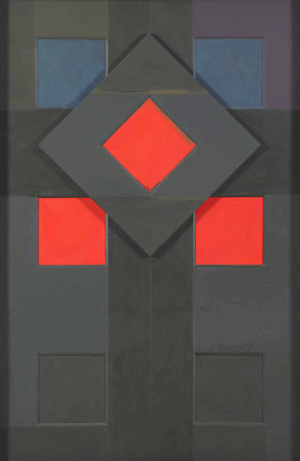Claire Regnault, Call for papers: FIHRM 2015 Access is a Human Right, Te Papa blog, 5 March 2015

In September of this year, Te Papa is hosting the Federation of International Human Rights Museums (FIHRM) conference. The theme of the conference is ‘access is a human right’. In conjunction with our colleagues at FIHRM we are now calling for papers.
Beyond the new museology? Taking stock of inclusion, access and decolonisation
Social inclusion reshaped cultural policy and challenged museums to become agents of change, diversity and human rights. Growing audiences and digital media prompted new efforts to provide access and community engagement. The crises of ethnographic authority and decolonisation led to soul searching by museums of anthropology in the old world, and in post-settler societies ushered in radical new approaches to preservation and interpretation such as the indigenous museologies emerging in New Zealand, Australia, Canada and the US.
Now in 2015, it is time to take stock of the museum’s record in all these areas. After all this work on inclusion and access policies, community and audience, rights and needs – what has been achieved? Where has it taken us?
- How can we prove the museum has made a difference to people’s lives? Have there been more losses than gains?
- What lies beyond the no longer ‘new’ museology?
- What is the next step in settler-indigenous relations?
- What happens when indigenous rights clash with other rights? How do we prioritise rights?
- What are the limits and/or opportunities of consultation, collaboration, and partnership, and the realities, risks and challenges of democratising museums?
- How can ‘social museology’ move from the margins to the core, from front of house to back of house?
About the conference Where better to consider these issues than at Te Papa which has been a flag bearer for new approaches to the visitor experience since 1998, recognised for its bicultural initiatives through which authority for the management of taonga (treasures) has been shared with Māori people. In a period of unprecedented tribal social development following the settlement of Treaty claims, Māori are renegotiating their relationship with museums and other organisations leading to new models of cultural heritage. In 2015, Te Papa celebrates its 150th anniversary as Aotearoa New Zealand’s national museum, and considers its own mission to change hearts, minds and lives. Join us as we explore these and other issues over three days. A fourth optional day is available for site visits.
- Day One: Social inclusion, its contents and discontents
- Day Two: Indigenising Museology
- Day Three: Current practice and future directions
- Day Four (optional): Site visits
Proposals are welcome for papers, case studies, panel discussions and workshops. Abstracts should be a maximum of 300 words, submitted with a brief (150 words) biography. Send proposals to [email protected]
Deadline: 30 April 2015.

